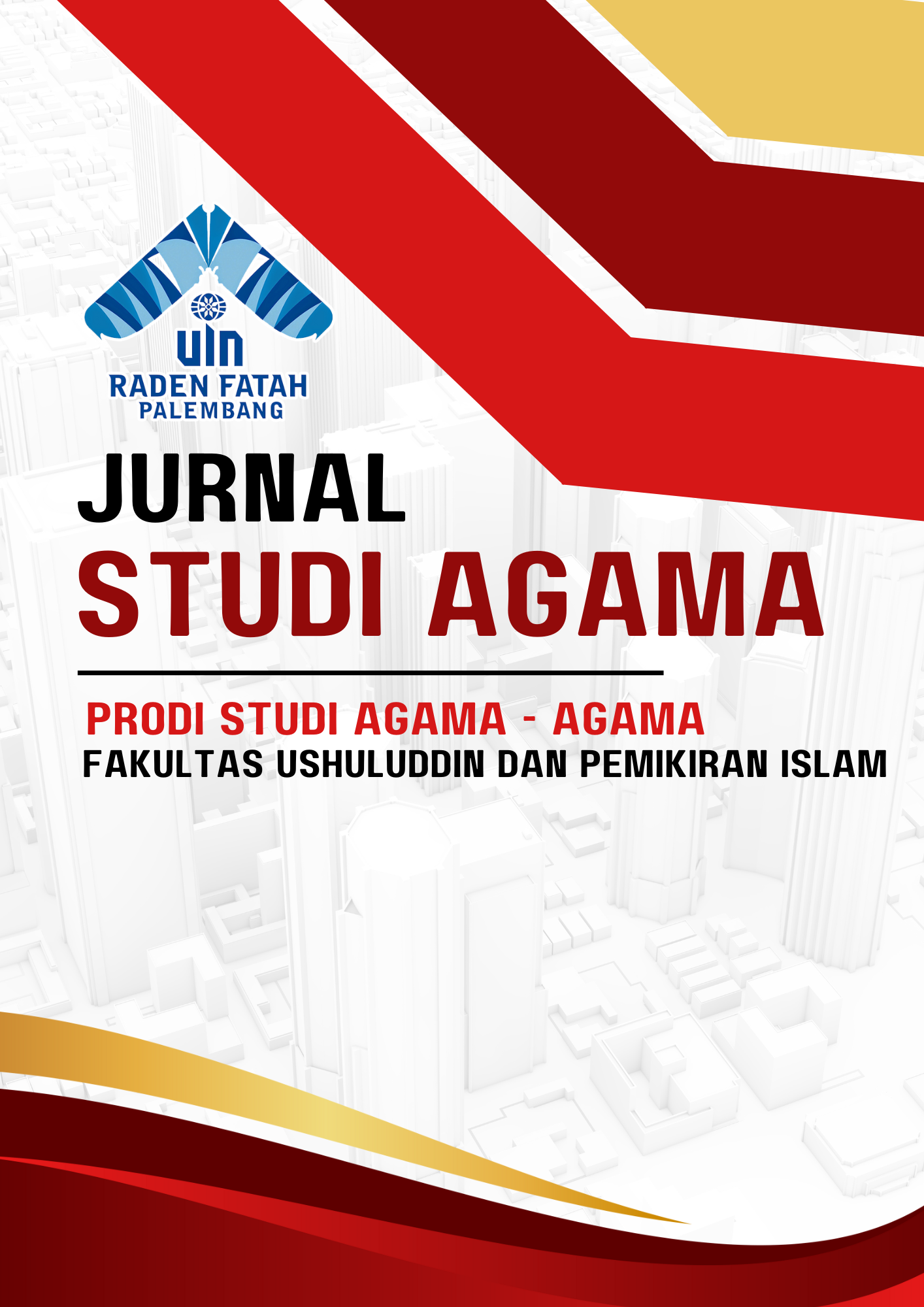Comparative Study of Zakat and Dana in the Qur'an and Tripitaka: An Offer of Interfaith Dialogue
Main Article Content
Abstract
Diversity in religion is inevitable. Zakat and Dana are concepts of giving in Islam and Buddhism that show diversity in religious approaches to the value of giving. This paper starts with three important questions: a) How are the concepts of zakat and dana in the Qur'an and Tripitaka? b) What are the similarities and differences between zakat and dana in the Qur'an and Tripitaka? c) How does the comparison of Zakat and Dana in the two books realize interfaith dialogue? The findings in this article show that both the Qur'an and Tripitaka provide guidance related to the concept of giving as a universal value. Both teach the importance of sharing as a form of goodness that supports the welfare of individuals and society. The differences between zakat and dana lie in their nature, implementation, and religious dimensions that can complement each other. This study shows that zakat and dana can be platforms for dialogue between religious communities. The diversity in these two religious traditions can strengthen tolerance and harmony.
Article Details

This work is licensed under a Creative Commons Attribution-ShareAlike 4.0 International License.
Authors who publish with this journal agree to the following terms:
- Authors retain copyright and grant the journal right of first publication with the work simultaneously licensed under a Creative Commons Attribution-ShareAlike 4.0 International License that allows others to share the work with an acknowledgement of the work's authorship and initial publication in this journal.
- Authors are able to enter into separate, additional contractual arrangements for the non-exclusive distribution of the journal's published version of the work (e.g., post it to an institutional repository or publish it in a book), with an acknowledgement of its initial publication in this journal.
- Authors are permitted and encouraged to post their work online (e.g., in institutional repositories or on their website) prior to and during the submission process, as it can lead to productive exchanges, as well as earlier and greater citation of published work
How to Cite
References
’Abd al-Baqi, M. F. (1945). Mu’jam al-Mufahras li alfaadz al-Qur’an al-Karim. Dar al-Kutub al-Mishriyyah.
Alberd Alberto Ardiansyah, & Surya, J. (2023). Serba-serbi Praktik Dana dalam Agama Buddha: Sebuah Diskursus. PATISAMBHIDA : Jurnal Pemikiran Buddha Dan Filsafat Agama, 4(2), 97–107. https://doi.org/10.53565/patisambhida.v4i2.1046
Al-Zuhaili, W. (2011). al-Fiqhul al-Islamy wa ’Adillatuhu (Vol. 3). Gema Insani Press.
Armajani, J. (2017). Interpretations of Jesus and the Virgin Mary in The Qur’an and the Bible: A possible Contribution to Muslim-Christian Cooperation. The Journal of Social Encounters, 1(1), 63–79.
BAZNAS. (2018). Fikih Zakat Kontekstual Indonesia. Badan Amil Zakat Nasional.
Bhikkhu Bodhi. (2012). Tipitaka Tematik: Sabda Buddha Dalam Kitab Suci Pali (H. Vijjananda, Ed.; 3rd ed.). Ehipassiko Foundation.
Fazerina Siregar, A., Siregar, P., & Sari, I. (2022). Konsep Sedekah dalam Islam dan Dana dalam Buddha. ITTIHAD, 6(2).
Imron, M. A. (2023). Selayang Pandang Agama Hindu & Buddha (Rusdi, Ed.; 1st ed.). Diva Press.
Kementerian Agama RI. (2019). Al-Qur’an dan Terjemahannya (Edisi Penyempurnaan). LPMA.
Mahathera, B. D. (2018). Dhammapada Pali-Indonesia. Sangha Theravada Indonesia.
Mandzur, I. (1119). Lisan al-’Arab. Dar al-Ma’arif.
Saputra, E., & Noor, M. F. (2024). Studi Komparasi Al-Qur’an dan Tripitaka: Landasan Moderasi Beragama untuk Kerukunan Masyarakat Indoneisa. AHKAM, 3(1), 201–217. https://doi.org/10.58578/ahkam.v3i1.2594
Sukarti. (n.d.). Analysis of The Level of Buddhits Understanding About Dana In Sutta Pitaka Scripture Study. Jurnal Pendidikan, Sains Sosial Dan Agama.
Zakiy, A. (2024). Studi Komparasi atas Pesan-Pesan Damai dalam Al-Qur’an dan Tripitaka: Tawaran Pendidikan Moral atas Kerukunan Umat Beragama. 6, 15–32.
